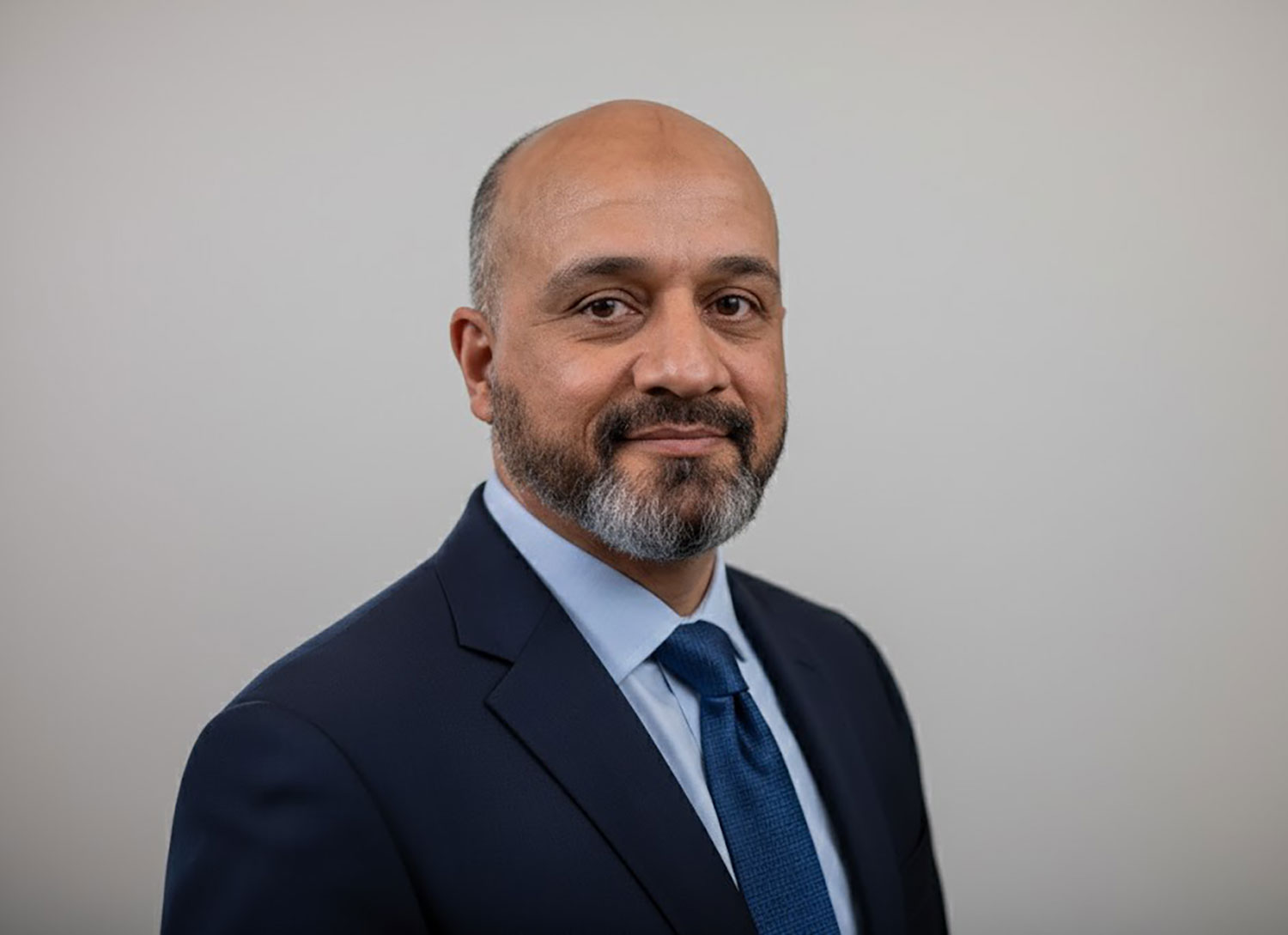Our fully funded PhD scholarships will cover tuition fees and provide a maintenance allowance of £19,237 (tbc) per annum for three years (subject to satisfactory academic performance). A Research Training Support Grant (RTSG) of £900 per annum is also available.
These scholarships, funded via the Department for the Economy (DfE) and the Vice Chancellor’s Research Scholarships (VCRS), are open to applicants worldwide, regardless of residency or domicile.
Applicants who already hold a doctoral degree or who have been registered on a programme of research leading to the award of a doctoral degree on a full-time basis for more than one year (or part-time equivalent) are NOT eligible to apply for an award.
Recommended reading
1. Hijazi, N.M., Aloqaily, M., Guizani, M., Ouni, B. and Karray, F., 2023. Secure federated learning with fully homomorphic encryption for iot communications. IEEE Internet of Things Journal.
2. Qu, X., Hu, Q. and Wang, S., 2020. Privacy-preserving model training architecture for intelligent edge computing. Computer Communications, 162, pp.94-101.
3. Zhang, L., Xu, J., Vijayakumar, P., Sharma, P.K. and Ghosh, U., 2022. Homomorphic encryption-based privacy-preserving federated learning in IoT-enabled healthcare system. IEEE Transactions on Network Science and Engineering, 10(5), pp.2864-2880.
4. Xie, Q., Jiang, S., Jiang, L., Huang, Y., Zhao, Z., Khan, S., Dai, W., Liu, Z. and Wu, K., 2024. Efficiency optimization techniques in privacy-preserving federated learning with homomorphic encryption: A brief survey. IEEE Internet of Things Journal, 11(14), pp.24569-24580.
5. Yang, W., Wang, H., Li, Z., Niu, Z., Wu, L., Wei, X., Su, Y. and Susilo, W., 2024. Privacy-Preserving Machine Learning in Cloud-Edge-End Collaborative Environments. IEEE Internet of Things Journal.
6. Lin, Y., Chen, L., Ali, A., Nugent, C., Cleland, I., Li, R., Ding, J. and Ning, H., 2024. Human digital twin: A survey. Journal of Cloud Computing, 13(1), p.131.
7. Aaqib, M., Ali, A., Chen, L. and Nibouche, O., 2024, August. Explainable Ensemble-Based Trust Management for IoT Systems. In The International Conference on Innovations in Computing Research (pp. 732-742). Cham: Springer Nature Switzerland.
8. Aaqib, M., Ali, A., Chen, L. and Nibouche, O., 2024, June. Behavior-Based Interpretable Trust Management for IoT Systems. In 2024 35th Irish Signals and Systems Conference (ISSC) (pp. 1-6). IEEE.
9. Aaqib, M., Ali, A., Chen, L. and Nibouche, O., 2023. IoT trust and reputation: a survey and taxonomy. Journal of Cloud Computing, 12(1), p.42.
10. Aaqib, M., Ali, A., Chen, L. and Nibouche, O., 2023, August. Discriminative features-based trustworthiness prediction in IoT devices using machine learning models. In 2023 IEEE Smart World Congress (SWC) (pp. 1-6). IEEE.

















